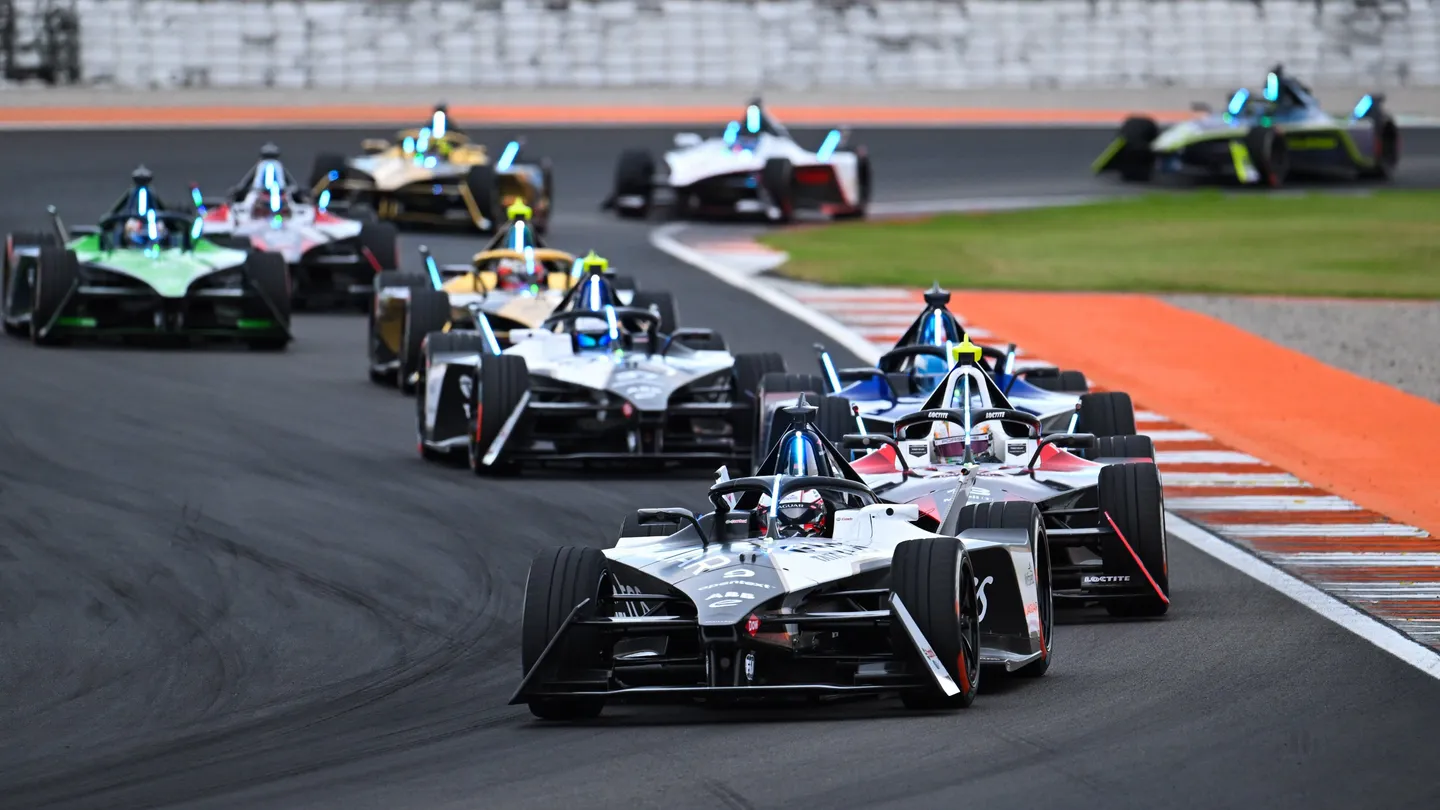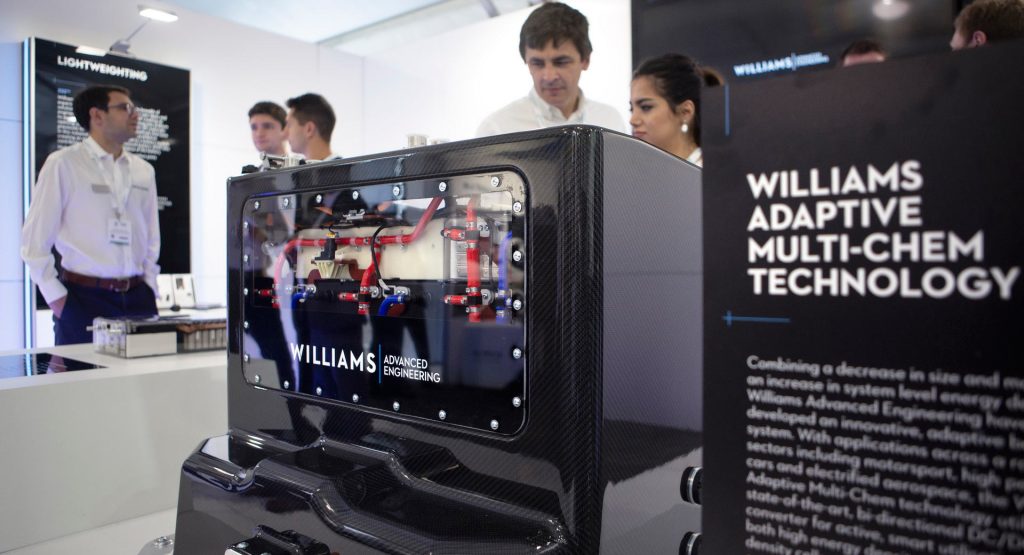Sports
Thailand’s Prime Minister Courts Formula E Racing

Thailand’s Prime Minister, Srettha Thavisin, has indicated his desire to host Formula E racing in the southeast Asian country in the near future. Formula E has never raced in Thailand, but the all-electric series could be coming soon.
The Thai government wants to host a Formula E race, and Formula E CEO Jeff Dodds spoke with the Prime Minister last week.
Paetongtarn Shinawatra, the leader of the ruling Pheu Thai Party and deputy chair of the National Soft Power Strategy Committee, also attended the meeting with Dodds and Thavisin.
According to Thavisin, Formula E executives will travel to the northern city of Chiang Mai next week to study the possibility of hosting a race there. Chiang Mai is just over 400 kilometers from Bangkok, Thailand’s main city.
Thailand is currently experiencing a significant transition toward electric vehicles, with EVs accounting for 40% of all vehicles ordered last year. Thavisin believes that hosting Formula E is the next step, given Thailand’s significant increase in EVs.
“Therefore, I think it is good to bring the Formula E racing competition to Thailand to stimulate the economy and development of the country’s infrastructure while reinforcing the policy of reducing carbon emissions,” the prime minister said on X (which used to be known as Twitter
Formula E Racing Started in Beijing
Formula E, the unique electric racing series, began with the inaugural season in Beijing in September 2014. Formula E revolutionized motorsport by accepting all-electric open-wheel vehicles, ushering in a new era of racing.
The inaugural race in Beijing marked the start of Formula E’s adventure, with the Gen1 cars debuting on the track. This historic event demonstrated the possibilities of electric racing, emphasizing sustainability and technological developments in the automobile industry.
Despite initial hurdles such as battery shortages and skepticism about electric racing, Formula E persisted and set the groundwork for future expansion.
Formula E has grown rapidly and expanded globally over the years, cementing its status as a leading racing series.
The inclusion of new sites in various locations across the world has not only broadened the racing calendar but also drew a greater audience. Formula E continues to attract viewers and push the boundaries of traditional racing by hosting races on unusual street circuits and emphasizing sustainability.
Formula E’s growth from its first season to its current stature as a worldwide racing phenomenon demonstrates its dedication to innovation and sustainable standards. As Formula E pioneers the future of motorsport, the series remains at the forefront of technological innovations and environmental awareness.
Formula E Battery Technology
In Formula E, battery technology influences team performance and strategy during races. The batteries used in Formula E vehicles are cutting-edge, engineered to deliver high power outputs while remaining lightweight and robust.
Energy management is an important part of Formula E races, since teams must carefully monitor and allocate energy throughout the race to ensure they finish without running out of power. This strategic element adds excitement to the competition while also emphasizing the significance of sustainable racing techniques.
Formula E is paving the path for eco-friendly solutions in the car industry by optimizing energy use and using breakthrough battery technologies.
Formula E’s relentless pursuit of technological breakthroughs and sustainability not only adds to the excitement of the racing series, but also acts as a catalyst for innovation in the broader automotive sector.
Formula E inspires future transportation solutions by demonstrating the possibilities of electric powertrains, battery technologies, and energy management systems.
This dedication to innovation and sustainability strengthens Formula E’s status as a trailblazer in the world of motorsport.
Keywords: fia formula e world championship, the abb fia formula, abb fia formula e, nissan formula e team



































